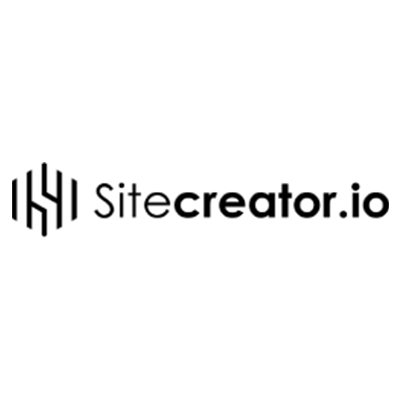Markdown
The Markdown node converts content between Markdown and HTML formats within your automation workflows. It takes Markdown-formatted text and produces clean HTML output, or takes HTML and converts it back to Markdown. Content teams, developers, and documentation workflows rely on it to bridge the gap between systems that use different content formats.
Common use cases include converting Markdown blog drafts into HTML for CMS publishing, transforming HTML email content into Markdown for storage or editing, formatting AI-generated text into structured HTML for web display, and cleaning up messy HTML into readable Markdown. Any workflow that moves text content between applications with different format requirements benefits from this conversion step.
Osher uses the Markdown node in AI agent workflows where language models generate Markdown-formatted output that needs to be published as HTML on websites, sent as formatted emails, or stored in content management systems. We also use it in reverse when scraping web content that needs to be processed as clean text. It is a small but essential utility node that prevents formatting issues from breaking your content pipelines.



